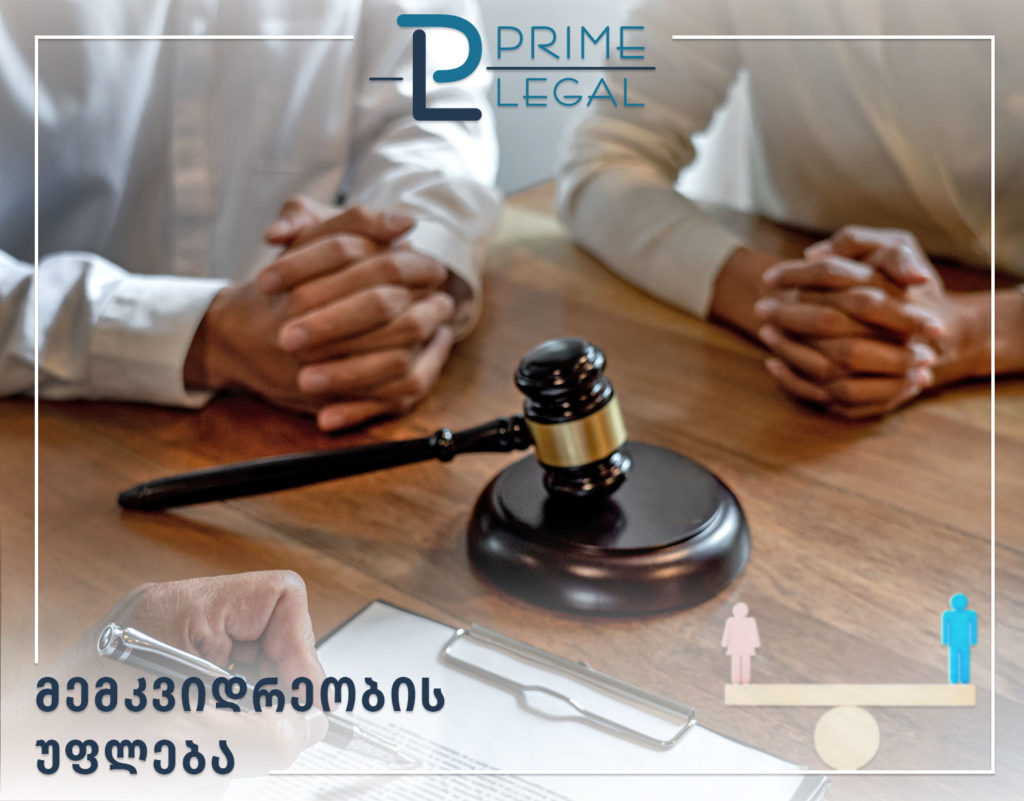Who gets the property, the man or the woman? - Legal regulation of inheritance
The issue of inheritance is very relevant. The subject of inheritance can be the property that after the death of the owner is transferred to the new owner by law and/or inheritance.
More precisely, the new owner inherits the object of inheritance by inheritance by law or inheritance by will, or by both at the same time, which means that if the owner of the property did not make a will during his lifetime, his property will be distributed according to the law.
One of the most important issues during legal inheritance is the order of who the heir's property belongs to in the first place. The first-line heirs are the children of the deceased, the child of the deceased who was born after his death, spouse and parents (adoptive parents). This means that all the heirs of the first order have identical rights with respect to the property of the heir, that is, the property of the heir belongs equally to all the heirs.
In today's reality, unfortunately, it is not so rare that you will meet such an opinion as if the heir's property belongs only to his son, however, as mentioned, this is only an opinion generated by the society, which does not correspond to the regulations established by the law. Accordingly, according to the law, the daughter is a full-fledged heir as well as the son.
As for inheritance by will, in this case unlike inheritance by law, the deceased person (heir) has determined in advance, by making a will, to whom his property will be left and in what amount. Naturally, the heirs of the first line may have questions and interest regarding the estate. It is important that the law does not neglect the legal heirs even in the case of testamentary inheritance. In such a case, the first-line legal heirs will receive a mandatory share of the decedent's estate, meaning they will receive half of the property they would have received if there had been no will.
And, as regards inheritance by law and by will at the same time, this is the case when the will is written only on a part of the estate and/or the will is declared partially invalid by the court, on the part of the estate that is not mentioned in the will and/or the will is declared partially invalid by the court . In such a case, both the will and the rules established by the legislation are used, which fully regulates the issue of the estate.
There are often cases when there is no express will of the heir in the form of a will, and neither the heirs of the first rank take the initiative to apply to the notary office for an inheritance certificate, but directly continue to dispose of the property and use the property owned by the heir, while the deadline for receiving the inheritance is 6 months from the moment of opening the estate. In such a case, in accordance with the Civil Code of Georgia, it is considered that he has completely received the inheritance, in what it should be expressed and where it should be.
Author: Mariam Kvatchadze



